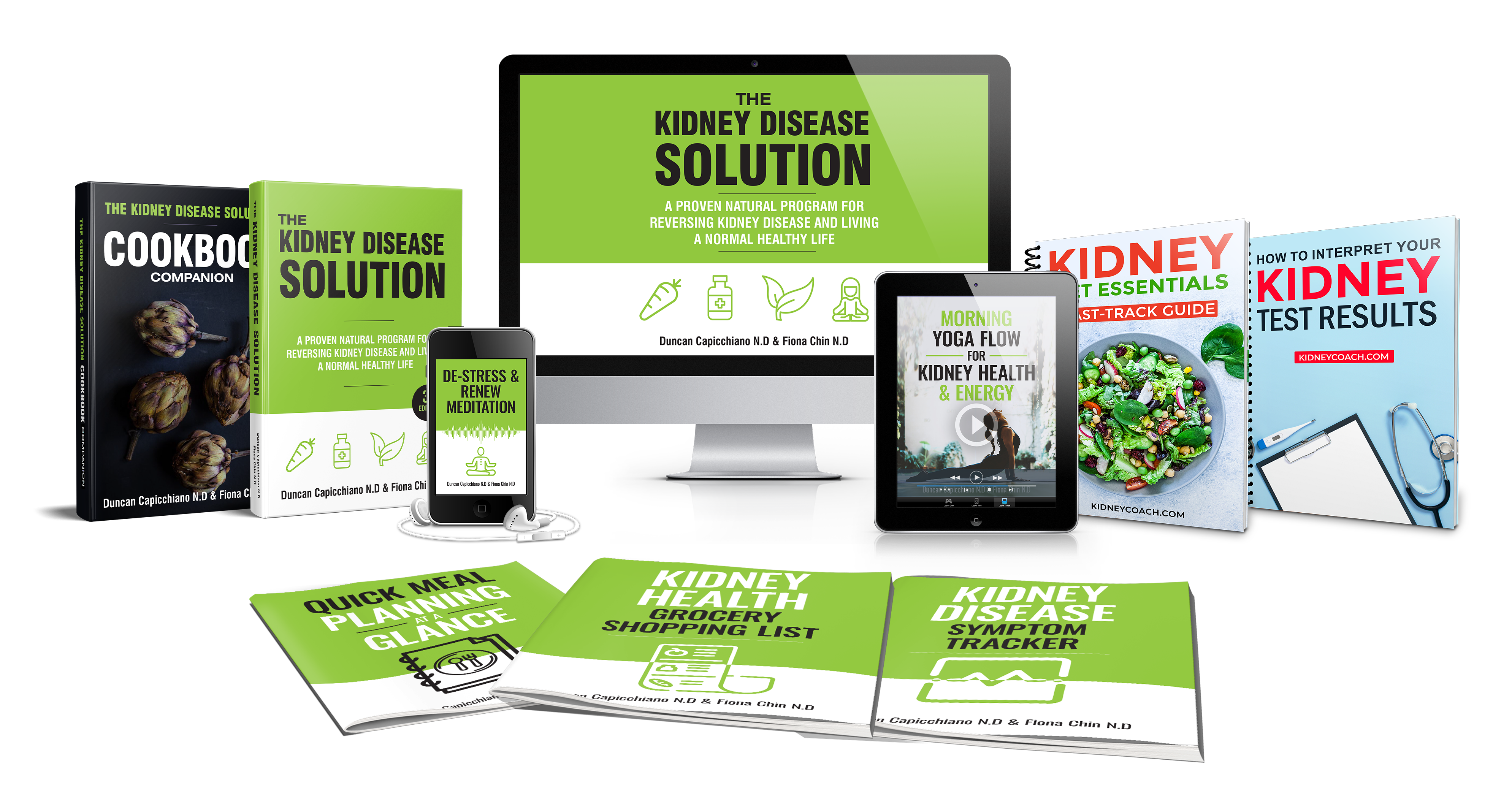Living with kidney disease poses unique challenges, and one of the crucial aspects of managing this condition is adopting a proper meal plan. A well-designed meal plan not only helps in controlling symptoms but also contributes to maintaining overall health. In this article, we will explore the fundamentals of a good meal plan for individuals with kidney disease, offering insights into food choices, portion control, and lifestyle adjustments.
The Basics of a Kidney-Friendly Diet
1. Limiting Sodium Intake
One of the primary considerations in a kidney-friendly meal plan is the control of sodium intake. High sodium levels can lead to fluid retention, potentially exacerbating kidney problems. Opt for fresh, whole foods, and use herbs and spices to enhance flavor without relying on salt.
2. Managing Protein Consumption
Protein is an essential component of a balanced diet, but individuals with kidney disease need to be mindful of their protein intake. High protein levels can strain the kidneys. Consider lean protein sources such as poultry, fish, and eggs, and consult with a dietitian to determine the appropriate amount for your individual needs.
3. Watching Phosphorus and Potassium Levels
Phosphorus and potassium are minerals that play a role in kidney function. In kidney disease, their balance can be disrupted. It's essential to limit foods high in these minerals, such as dairy products, nuts, and bananas. Regular monitoring of blood levels is crucial for tailoring your meal plan to your specific needs.
Crafting a Kidney-Friendly Meal Plan
1. Balancing Macronutrients
Achieving a balanced distribution of macronutrients is vital for those with kidney disease. A typical kidney-friendly meal plan includes a controlled amount of protein, limited fats, and an emphasis on complex carbohydrates. This balance helps maintain energy levels while supporting kidney health.
2. Portion Control
Controlling portion sizes is key to managing nutrient intake. Smaller, more frequent meals can help prevent overloading the kidneys and aid in digestion. Work with a dietitian to establish portion sizes that align with your specific nutritional requirements.
3. Choosing the Right Foods
Selecting the right foods is crucial for a kidney-friendly diet. Incorporate a variety of fruits and vegetables with low potassium content, such as berries, apples, and green beans. Opt for grains like rice and pasta, and choose lean proteins to minimize the strain on your kidneys.
Lifestyle Considerations
1. Hydration Matters
Proper hydration is essential for kidney function. However, the individual needs of those with kidney disease may vary. Work with your healthcare team to determine an appropriate fluid intake that considers your specific condition and any restrictions imposed by your treatment plan.
2. Regular Monitoring and Adjustments
Kidney function can fluctuate, and a meal plan that suits your needs today may need adjustments in the future. Regular monitoring of your health, including blood tests, allows your healthcare team to make informed recommendations and modifications to your diet plan.
Conclusion
In conclusion, a well-structured meal plan is a cornerstone of managing kidney disease. By understanding the specific dietary needs associated with this condition and making informed choices, individuals can enhance their overall well-being. Consultation with healthcare professionals and dietitians is paramount in tailoring a meal plan that aligns with your unique circumstances, ensuring a healthier and more manageable journey with kidney disease.


